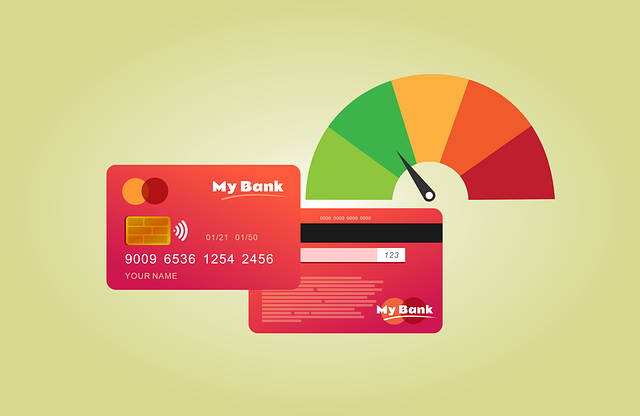Pharr title loans provide quick cash by using a vehicle's title as collateral, offering higher loan amounts than traditional personal loans. However, these loans carry significant repossession risk if borrowers miss payments. To minimize this risk, individuals should engage in responsible borrowing practices such as timely repayments, maintaining vehicle condition, exploring flexible options, and thoroughly understanding loan terms. By following these measures, borrowers can protect their financial stability and credit score while using Pharr title loans as a temporary safety net.
In the financial landscape of Pharr, Texas, understanding the intricacies of title loans is crucial. This article delves into the world of Pharr title loans, focusing on a critical aspect often overlooked: repossession risks. We explore strategies to navigate these challenges and empower borrowers with responsible practices. By understanding the potential pitfalls, you can make informed decisions, ensuring a safer borrowing experience within the dynamic financial environment of Pharr.
- Understanding Pharr Title Loans and Repossession Risks
- Strategies to Minimize and Avoid Repossession
- Responsible Borrowing Practices for Title Loan Users in Pharr
Understanding Pharr Title Loans and Repossession Risks

Pharr title loans can provide a quick financial solution for individuals facing immediate cash needs. This type of loan involves using a vehicle’s title as collateral, allowing lenders to offer higher loan amounts compared to traditional personal loans or bad credit loans that don’t require a physical asset as security. The title loan process is straightforward; borrowers present their vehicle’s title and drive away with funds in hand. However, it’s crucial to understand the potential repossession risks associated with these loans.
Repossession occurs when a borrower fails to make the required payments on time, leading to the lender taking possession of the secured asset—in this case, the borrower’s vehicle. Unlike no credit check loans that offer minimal protection for lenders due to their relaxed eligibility criteria, Pharr title loans come with inherent risks. Lenders have the legal right to repossess the vehicle if repayments are missed or defaulted upon, which can result in significant financial and logistical challenges for borrowers. To avoid repossession, borrowers must remain current on their loan payments and adhere to the terms set forth by the lender.
Strategies to Minimize and Avoid Repossession

When it comes to Pharr title loans, minimizing repossession risk is a priority for borrowers. A repossession not only disrupts your financial stability but also damages your credit score. To avoid this nightmare scenario, consider proactive measures that demonstrate responsible borrowing. First and foremost, maintain timely repayments. Even if you’re facing financial difficulties, staying current on your loan payments significantly reduces the likelihood of repossession.
Additionally, keep your vehicle in good working condition to maximize your Vehicle Equity. Regular maintenance not only ensures your semi-truck or other collateral remains valuable but also makes it easier to sell if needed. Exploring different repayment options, such as extended terms or additional income streams, can further safeguard against repossession. Securing a clear understanding of the loan process and staying informed about your rights and responsibilities is key in navigating Pharr title loans successfully.
Responsible Borrowing Practices for Title Loan Users in Pharr

When it comes to Pharr title loans, responsible borrowing is key to avoiding repossession risks. Users should always prioritize understanding the loan terms and conditions before agreeing to any agreement. These loans are designed as a form of financial assistance for emergencies, but they can quickly escalate into a debt consolidation nightmare if not managed properly. By ensuring you fully comprehend repayment schedules, interest rates, and potential penalties, you can stay on top of your obligations and steer clear of repossession threats.
Practicing responsible borrowing means using these loans as a last resort and only for short-term financial needs. It involves creating a budget that accommodates the loan repayments without causing strain on other essential expenses. Additionally, maintaining open communication with your lender is vital; they can provide guidance on managing your debt and offer solutions if you ever face difficulty making payments. Remember, proactive management of Pharr title loans is the best defense against repossession.
When considering Pharr title loans, understanding the repossession risk is crucial. By implementing the strategies outlined in this article, such as responsible borrowing practices and proactive repayment plans, you can significantly minimize these risks. Remember that avoiding repossession not only protects your assets but also ensures a more positive financial experience. Always prioritize open communication with lenders and maintain complete transparency to foster a healthy relationship built on mutual trust and respect.






